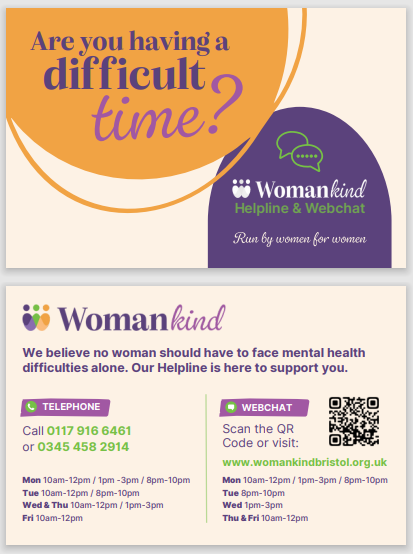The information in this booklet is designed to help support anyone affected by domestic violence and abuse. Click on the cover of the booklet to read it.
If domestic abuse is happening to you, it’s important to tell someone and remember you’re not alone.
Help is at hand.
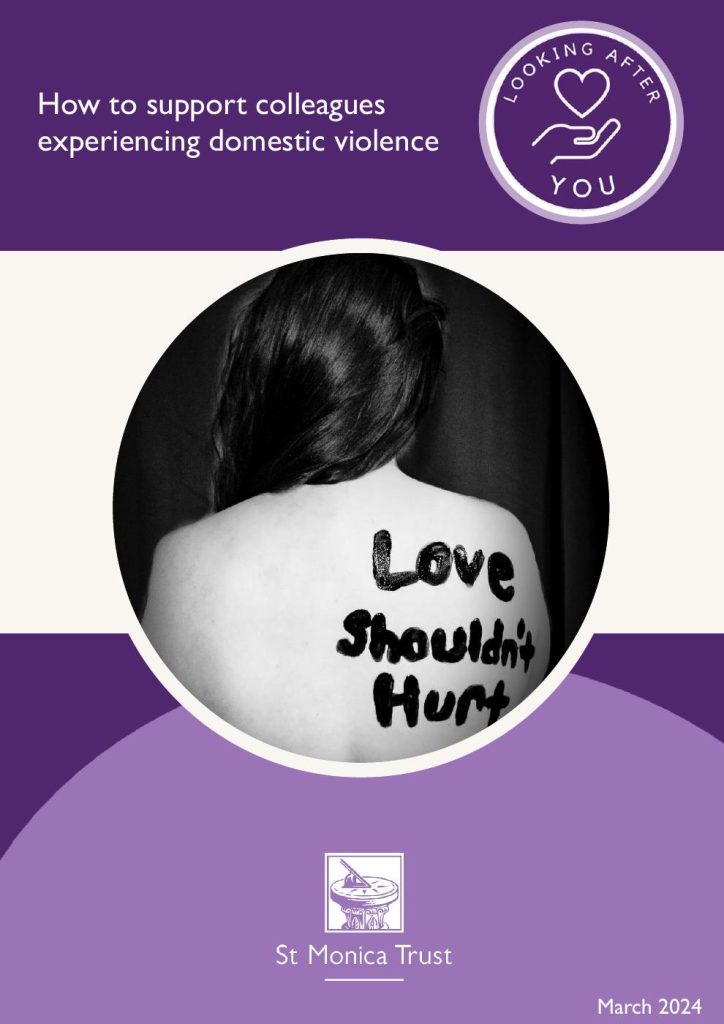
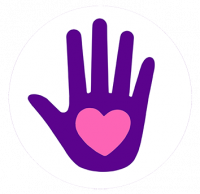
In an emergency call 999. If you are using a mobile phone, you can still call 999 and if you are in imminent danger and unable to talk you may be prompted to dial 55 and the operator will talk you through the next steps.
If you feel comfortable, speak to your line manager, your local HRBP or Colleague Engagement Manager. They will listen and help you in confidence.
Talk to a medical professional, such as your doctor, midwife or Health visitor
If you decide to leave, the first step in escaping an abusive situation is realising that you’re not alone and it’s not your fault.
Signs of Domestic abuse
Domestic abuse can happen to anyone. Find out how to recognise the signs and where to get help:
nhs.ukgetting-help-for-domestic-violenceandabuse/
NHS Signs of domestic violence and abuse.
What is an IDVA?
Supporting Domestic Violence survivors
Meet Eliza and Michelle – two Independent Domestic Violence Advisors or Advocates (IDVAs) providing vital support to help people deal with the impact of domestic violence.
What is an IDVA? | Supporting Domestic Violence Survivors
Getting Help
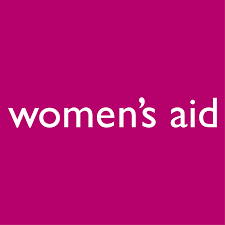
Women’s Aid has advice on their website about leaving a relationship safely. This may be helpful if you feel you need to be prepared and includes things like packing an emergency bag, keeping some money on you at all times and teaching your children to call 999.
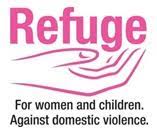
Refuge is the largest specialist domestic abuse organisation in the UK. Help with the physical, emotional, financial and logistical impacts of abuse.

This NHS page holds useful information for you or loved ones or friends who are facing domestic abuse of any kind. The link also includes numbers for men, LGBT and forced marriage.

Next Link provide safe houses, crisis support, outreach services etc.
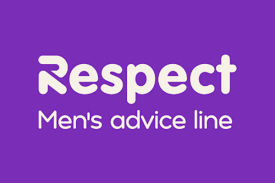
Men’s Advice Line The helpline for male victims of domestic abuse.
Giving support
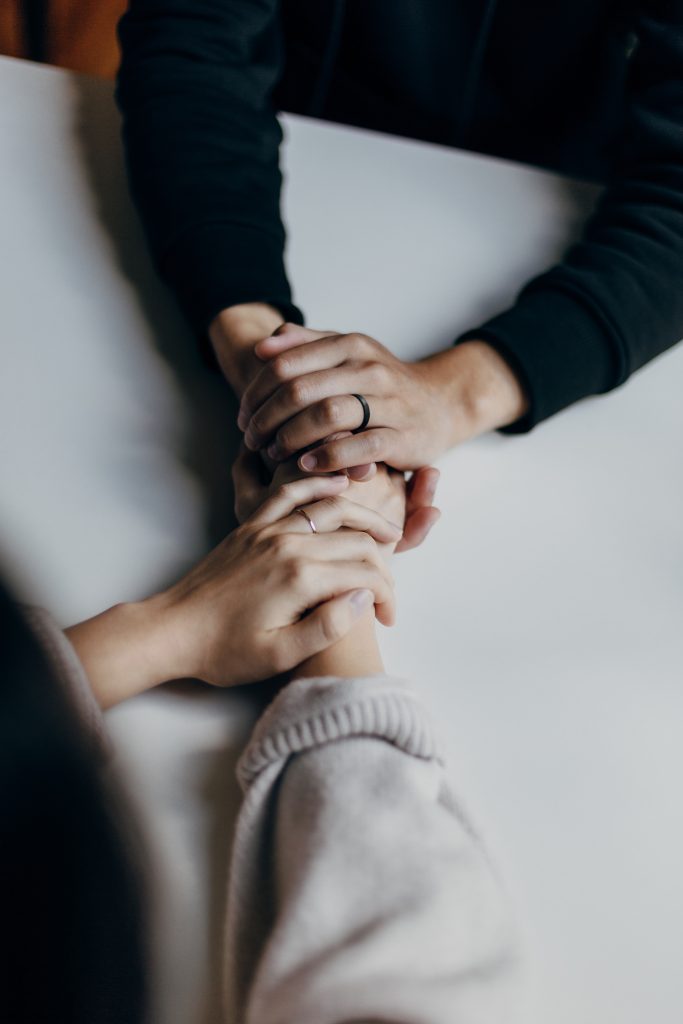
If you’re concerned that a friend might be being abused:
*Be there to talk if they are ready to
*Actively listen without blaming
*Acknowledge their strength in confiding in you
*Give them time to open up, but don’t push them to talk if they aren’t ready
*Acknowledge their fear in a difficult situation
*Tell them nobody deserves to be abused
*Support them as a friend – encourage them to express their feelings, and allow them to make their own decisions
*Don’t tell them to leave the relationship if they’re not ready – that’s entirely their call
*Ask if they have suffered physical harm – if so, offer to go with them to a hospital or GP
*Help them report the assault to the police if they choose to
*Be ready to provide information on organisations that offer help for people experiencing domestic abuse
